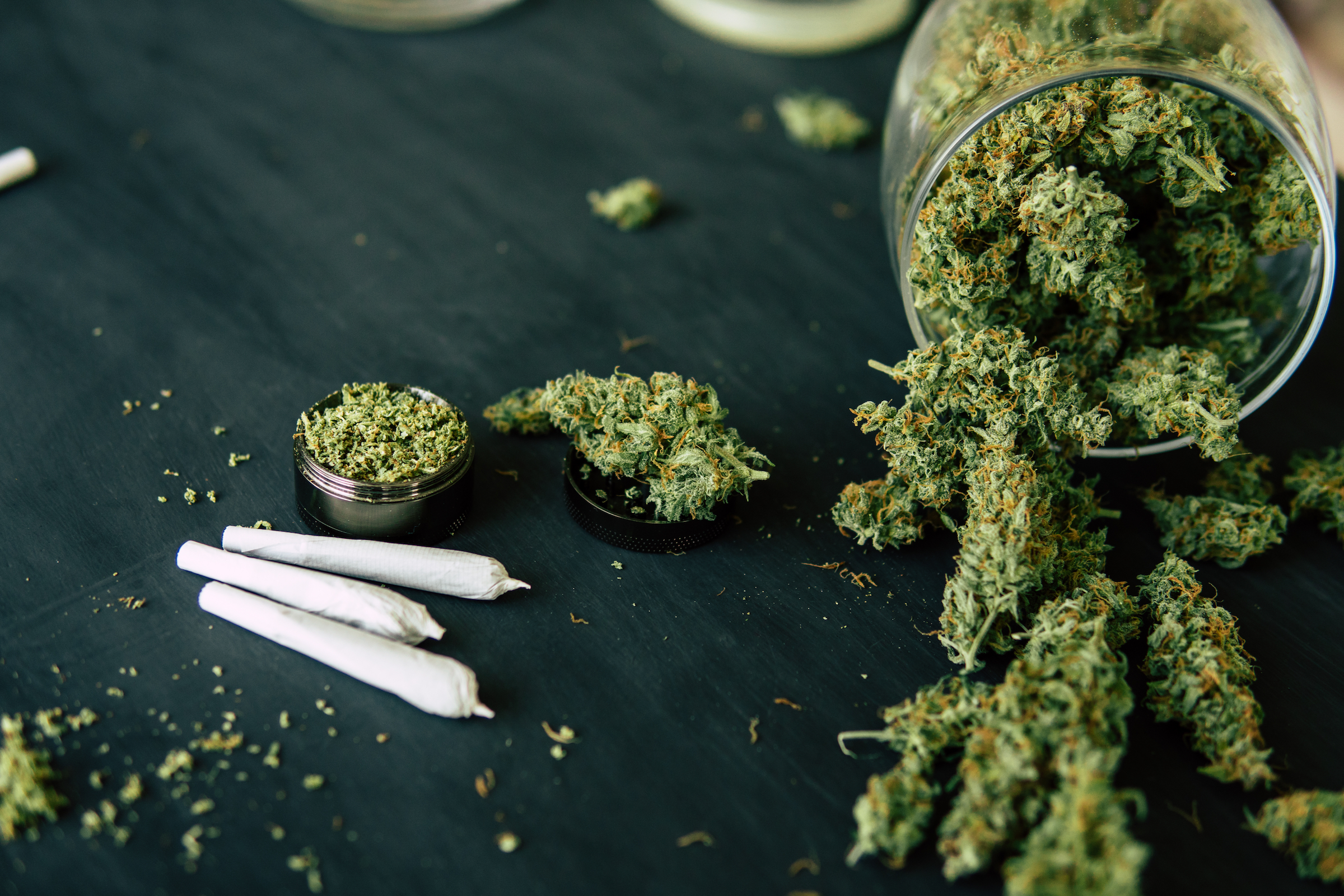What is Microdosing?
Consuming very small, non-hallucinogenic dosages of psychedelic drugs like lysergic acid diethylamide (LSD) or psilocybin-rich mushrooms is known as microdosing. Despite media reports claiming that microdosing has become more common, there are not many studies on this practice in scholarly literature. The experiences of microdosers in community samples have not been classified, and there has been little reporting on the negative effects of microdosing. Many “microdosers” consume 100–300 mg of dry mushrooms, or 10% of the recommended weekly dose of psilocybin, between two to five times each week.
Benefits Of Microdosing Psilocybin
While taking mushrooms in small doses may be effective for some people, not everyone would have the same reaction. Here are some benefits of microdosing mushrooms that previous studies have identified.
- Improved mental health; over six weeks, several psilocybin microdosers reported lower levels of anxiety and depression. This could be a result of the medications’ favorable effects on serotonin, a neurotransmitter that contributes to the mood.
- Increased creativity: When microdosing mushrooms, users reported feeling more creative and open-minded. This could be because psilocybin enables novel and unusual forms of communication between various brain regions.
- Improved mood and focus; According to a study on micro dosers, users reported feeling happier and being more focused.
Is Microdosing Mushrooms Legal In Canada?
In Canada, it is forbidden to cultivate, sell, or possess magic mushrooms. The potential medicinal applications of magic mushrooms and microdosing psilocybin, are becoming more and more popular. Although psilocybin clinical studies have yielded encouraging results, there are currently no psilocybin-containing medicinal drugs that have been licensed for use in Canada. Clinical trials are the most appropriate and effective way to advance research with unapproved drugs such as psilocybin while protecting the health and safety of patients.
Is Microdosing Safe?
The pharmaceuticals used in microdosing are often not ordinary over-the-counter medicines. Psychedelics are prohibited or regulated drugs. They include LSD, ayahuasca, mescaline, psilocybin (magic mushrooms), cannabis, lysergic acid diethylamide (LSD),Methylenedioxyamphetamine (MDA), N, N-dimethyltryptamine (DMT) (MDMA).
Starting a microdosing strategy is easy, with a wealth of knowledge and advice at your fingertips, you can easily find all the information needed to start your own microdosing journey. Headaches, stomach problems, increased anxiety, and decreased mood are the most frequent adverse effects of microdosing psilocybin.
Can You Microdose Psilocybin And Drive A Car?
It’s feasible to microdose while driving. However, the decision to make such a choice is entirely up to you in terms of use. When taking a microdose for the first time or after feeling like you’ve taken too much, it’s advisable not to drive a car. The appropriate dosage, however, will enhance your attention and visual acuity, which may enhance your ability to drive.
Can You Microdose And Drink Alcohol?
Although it is feasible to microdose mushrooms and consume alcohol, we do not advise it because the alcohol reduces the positive benefits of the microdose. To get the most out of your microdosing psilocybin, it is advised that you do it when you are sober.

Is Microdosing Addictive?
Even though it has been demonstrated that mushrooms do not lead to psychological addiction, you should continue to pay attention to how psilocybin affects you personally. Due to the advantages of microdosing mushrooms, the boost in confidence and flow can be highly fascinating.
Can I Microdose While On Antibiotics?
It’s not a good idea to microdose psychedelics while also taking antibiotics, just like you shouldn’t do with alcohol or other narcotics. There are many neurons in your brain, through synapses, these cells talk to one another. Depending on the kind of neurotransmitters involved, taking multiple drugs might cause this system’s communication to be muted or stimulated, respectively. Psychedelics’ effects might also trigger off your immune system. If you take this together with other drugs, you run the risk of being severely sick, having a fever, or experiencing nausea. Naturally, some combinations can be put together without any issues. Please wait to administer your mushroom microdose until you have finished your prescribed dose of medication, just to be safe.
Can I Keep Mushroom Microdoses In The Refrigerator?
It is advisable to keep fresh mushrooms in the refrigerator to preserve their effectiveness and benefits. They can last up to two months when sealed.
When Should You Stop Microdosing Mushrooms?
While microdosing mushrooms can serve as a stimulus for increasing self-awareness, creativity, and productivity, their usage is not free of restrictions. It should be taken carefully, moderately, and with awareness, just like any substance that enhances cognition.
Do I Have To Chew My Mushroom Microdose?
Depending on your preferences, you can consume them with water if you feel the effects are too powerful or the flavor is not to your liking. This is also advised in the package’s guidelines. This results in a time-release effect and a delayed release of the psychoactive substances. However, it’s okay to chew them. It’s also possible to use them to brew tea by soaking them in hot water.
Is Microdosing Mushrooms Safe For Those Who Are Pregnant Or Breastfeeding?
Adults who regularly consume microdoses may experience long-term health effects, although these effects are not yet known. There are currently no long-term clinical research on individuals who microdose with psychedelic drugs, including magic mushrooms. This does not mean that microdosing is safe, though, and studies are presently being conducted to determine how long-term usage may affect both heart health and the possibility of deteriorating mineral deficiencies, which are frequently disregarded yet crucial to both mental and physical health.






